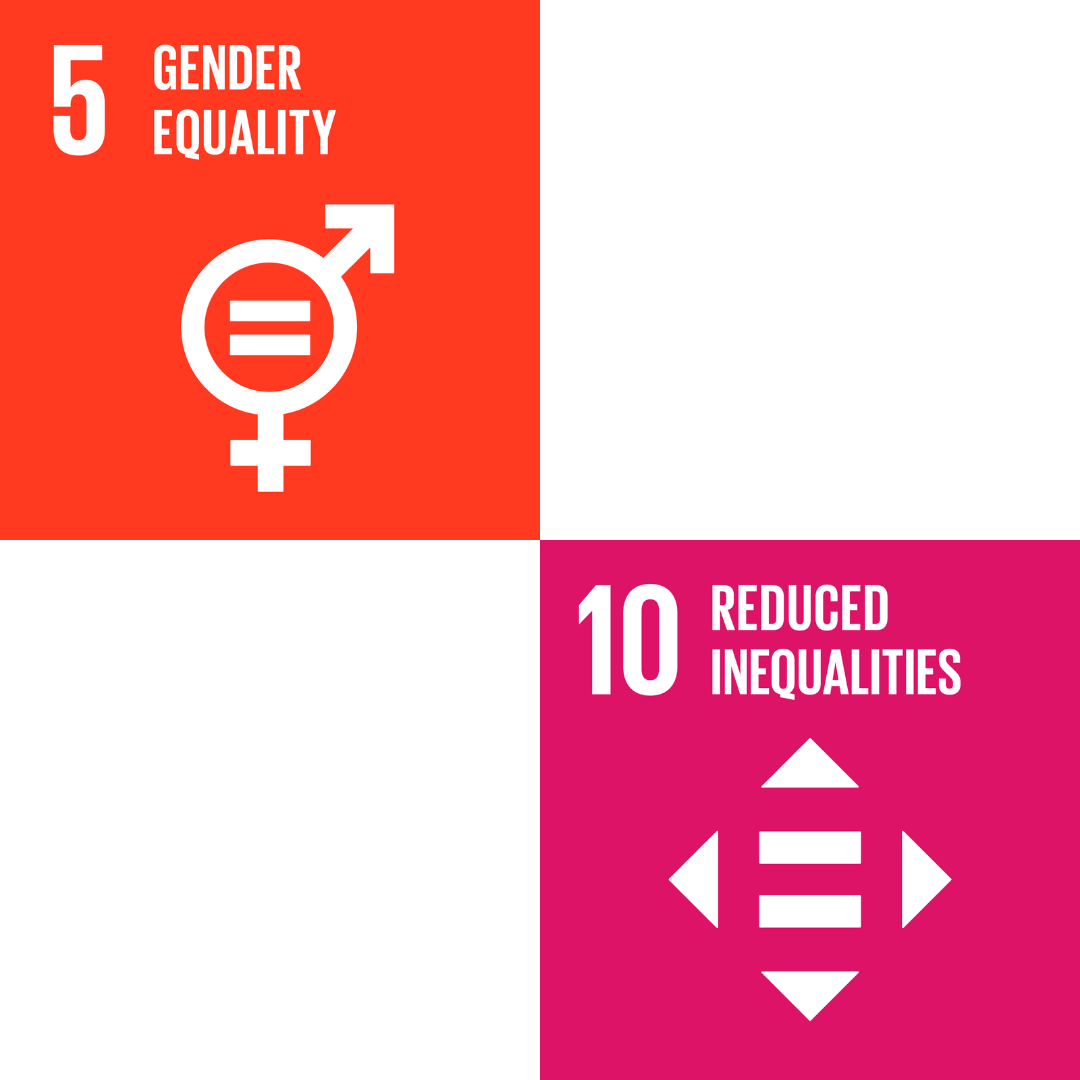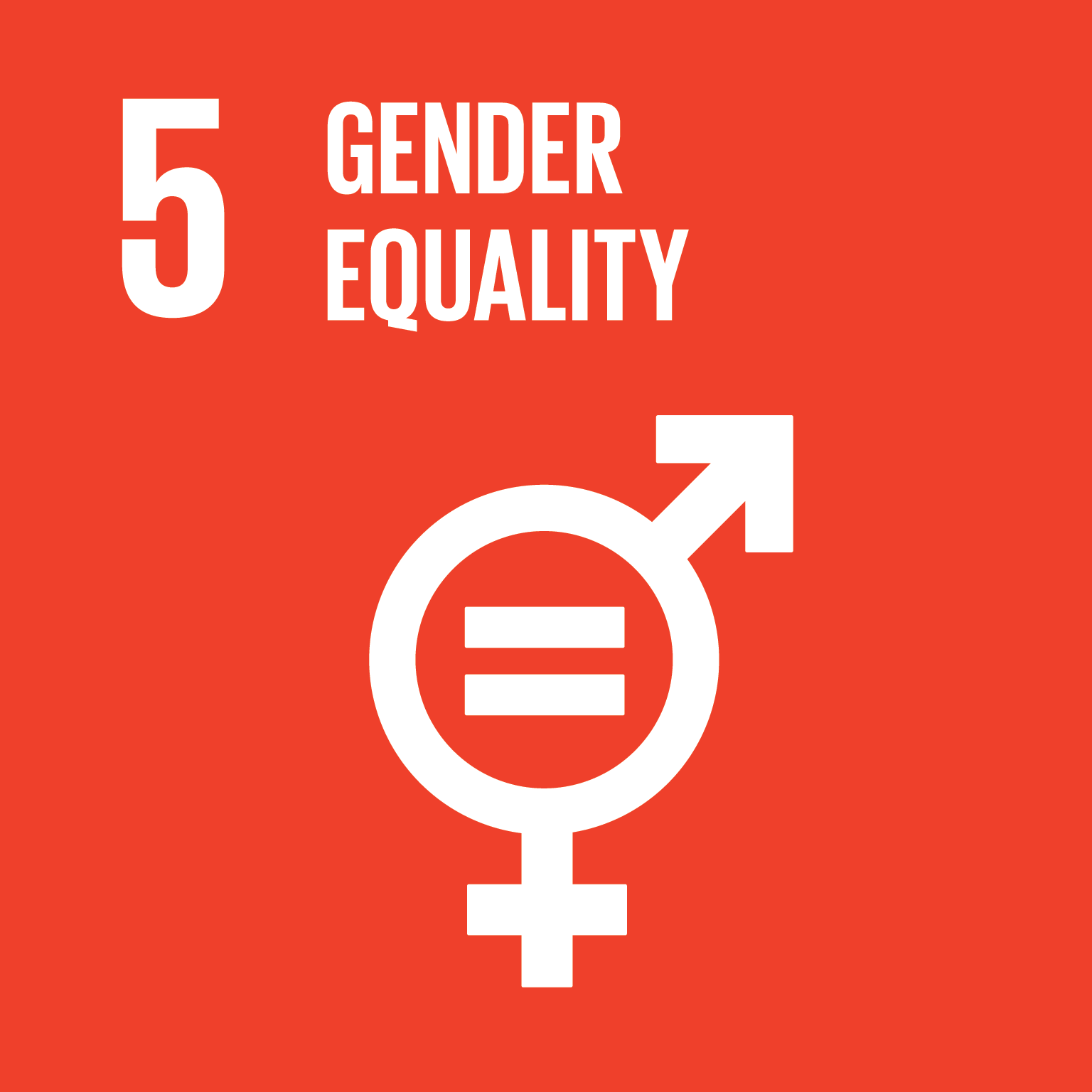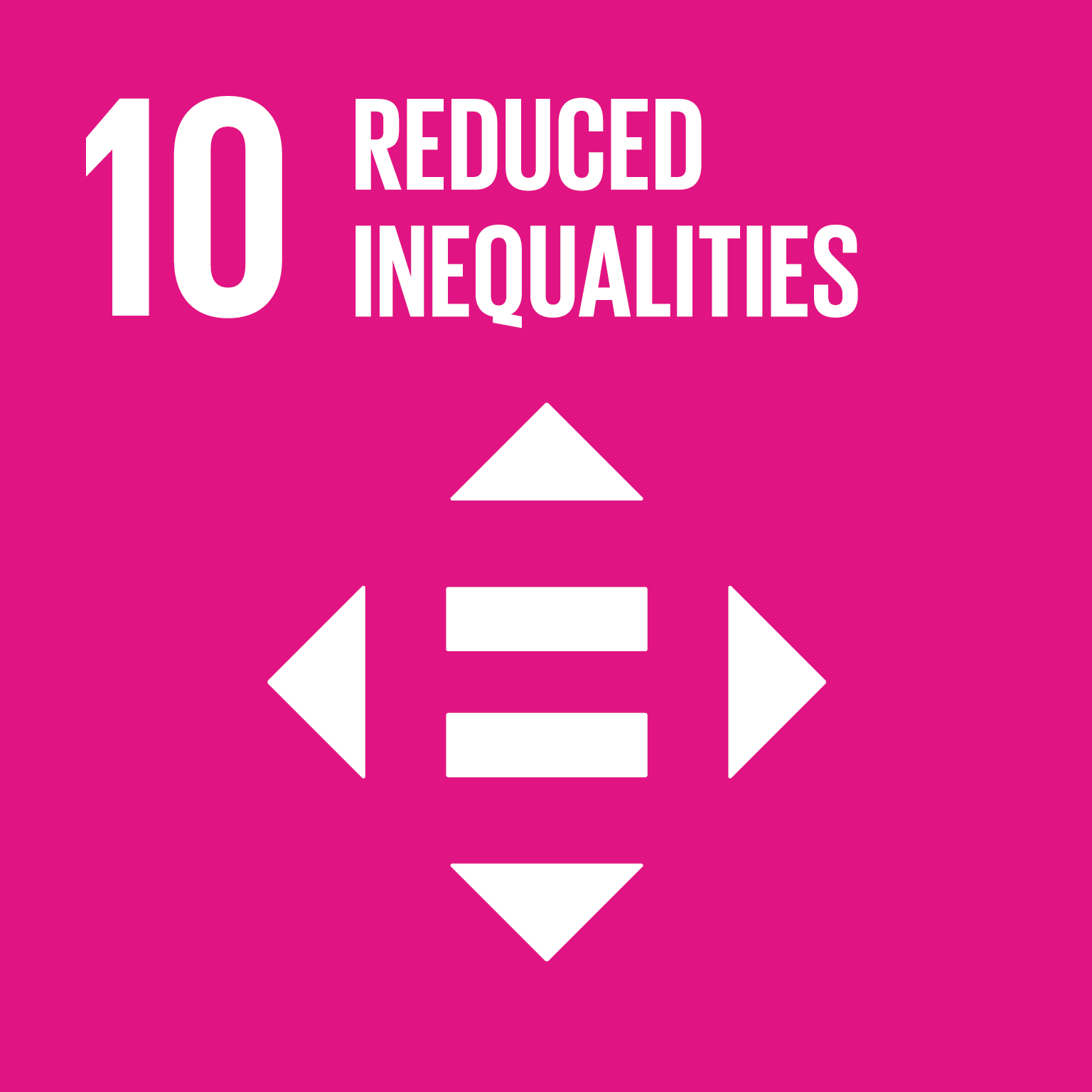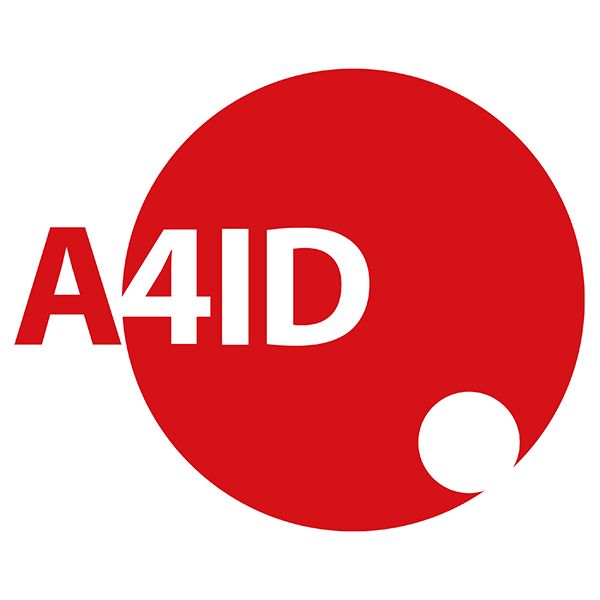The Legal Path to Sustainable Development: Module 3
All Equal Before the Law: Legal Mechanisms to Reduce Inequalities
Write your awesome label here.

-
Pre-reading study time2 hours
-
Live session3.5 hours
-
-
Community of Practice

Session 1: Gender equality in law and practice
MEET THE INSTRUCTORs
Natalia Mazoni Silva Martins
Women, Business and the Law - The World Bank
Natália Mazoni is a Private Sector Specialist with the World Bank’s Women, Business and the Law project. She leads the project's dissemination efforts, and her current research focuses on women’s access to justice, the implementation of laws, and indicator development.
Before joining the World Bank Group, she developed business strategies at EY Brazil and practiced at a law firm in Belo Horizonte. She holds a Master of Laws (LL.M.) degree in International Legal Studies from American University Washington College of Law in Washington, DC, and a law degree from Faculdades Milton Campos in Belo Horizonte, Brazil. She is a member of the Brazilian Bar. Originally from Brazil, she speaks Portuguese and Spanish.
Before joining the World Bank Group, she developed business strategies at EY Brazil and practiced at a law firm in Belo Horizonte. She holds a Master of Laws (LL.M.) degree in International Legal Studies from American University Washington College of Law in Washington, DC, and a law degree from Faculdades Milton Campos in Belo Horizonte, Brazil. She is a member of the Brazilian Bar. Originally from Brazil, she speaks Portuguese and Spanish.
Write your awesome label here.
Emilia Galiano
Women, Business and the Law - The World Bank
Emilia Galiano is a Private Sector Development Specialist with the World Bank’s Women, Business and the Law project. She currently leads the research and production of a series of case studies on legal reform and supports the research on implementation of laws.
She has a background in International Relations and International Political Economy, with a Master's Degree from John Hopkins’ School of Advanced International Studies. Prior to joining the team, she led a team of community engagement and facilitation professionals at the World Bank Group, working on mainstreaming and strengthening the more than 300 Communities of Practice across the organization, as a way to connect development practitioners with the practical and localized knowledge they need to be most effective. She is fluent in Italian, German, and Spanish.
She has a background in International Relations and International Political Economy, with a Master's Degree from John Hopkins’ School of Advanced International Studies. Prior to joining the team, she led a team of community engagement and facilitation professionals at the World Bank Group, working on mainstreaming and strengthening the more than 300 Communities of Practice across the organization, as a way to connect development practitioners with the practical and localized knowledge they need to be most effective. She is fluent in Italian, German, and Spanish.
Write your awesome label here.

Session 2: Inequalities & modern day slavery
MEET THE INSTRUCTOR
Romilda Dionne Dompreh, Esq.
Romildamor
Romilda Dompreh, Esq. is an Attorney - at - Law under the New York Bar and Women's Rights Activist and founded ROMILDAMOR in 2013 to provide development opportunities for forgotten and vulnerable communities. During her undergraduate studies at the City University of London, Romilda dedicated her spare time to do Pro Bono work; where she represented asylum seekers and victims of forced labor.
As she continued in her legal development, she read into the ongoing crime of modern-day slavery and the adverse impacts it has on women and girls across the globe. This knowledge and expertise developed her passion to enlighten communities about the need for gender equality, to advocate for Anti-Slavery, and build a brighter future for survivors of injustice.
Romilda works directly with women and girls who have been trafficked from all across the globe - petitioning for their legal rights and immigration status and providing them with opportunities for academic and career development, alongside ongoing therapy support.
Write your awesome label here.


